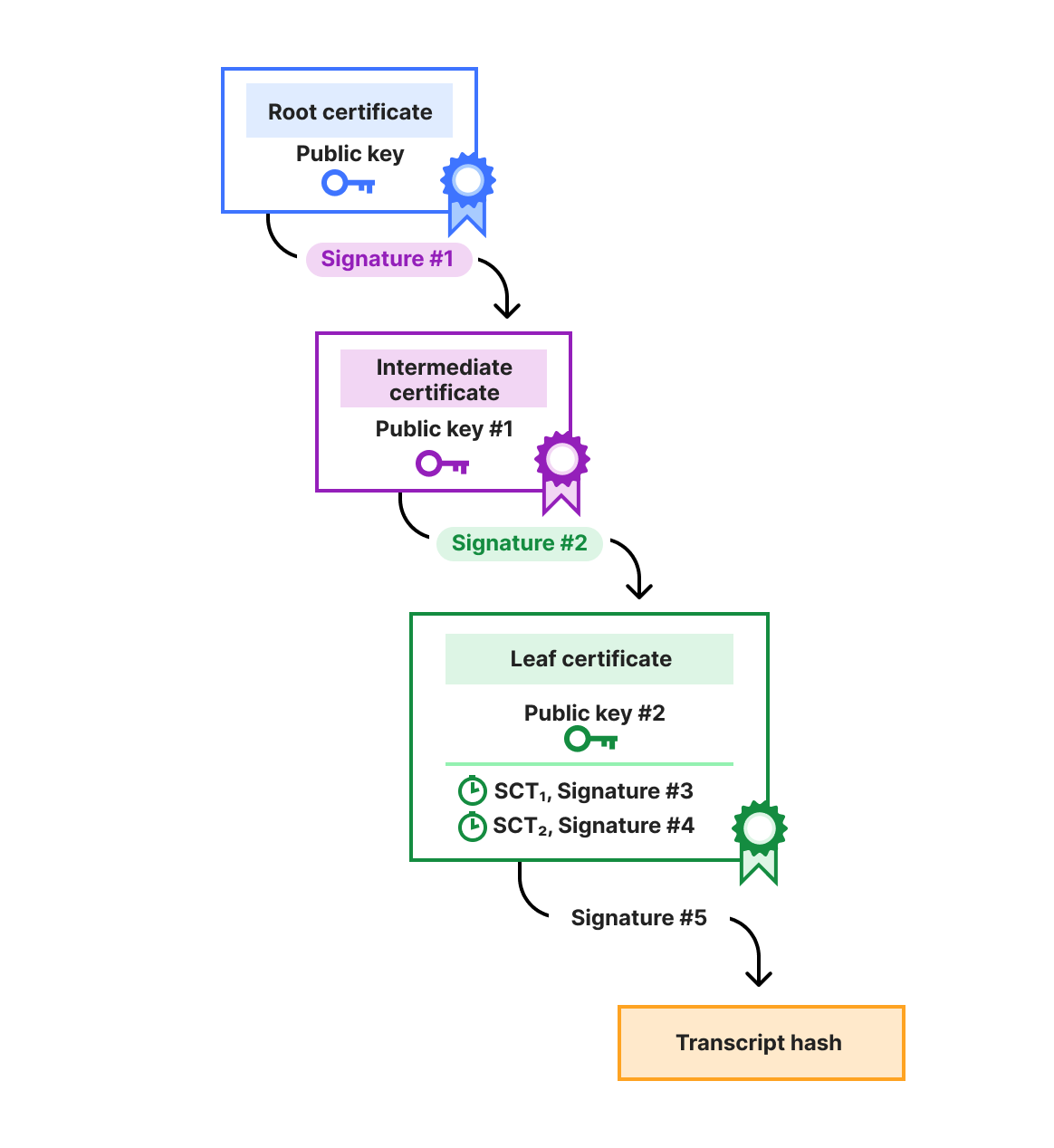The Department of Justice (DOJ) extradited and indicted 4 Ghanaian nationals for allegedly stealing more than $100 million, mainly through romance scams and business email compromises.
According to a report from Comparitech, nearly 59,000 Americans fell victim to romance scams in 2024, losing an estimated $697.3 million. Our own research from last year showed that 10% of romance scam victims lose more than $10,000. The overall true cost is believed to be vastly higher than official reports, as many cases go unreported due to victims’ shame and difficulty tracing scammers.
Many of the scammers work offshore from countries where the chances of them getting apprehended are slim. But US Attorney Jay Clayton stated:
“Offshore scammers should know that we, the FBI, and our law enforcement partners will work around the world to combat online fraud and bring perpetrators to justice.”
The four men are accused of being leaders of a criminal organization based in Ghana which committed romance scams and business email compromises against individuals and businesses located across the US.
Their victims were mostly older men and women tricked into believing they were engaging in a romantic relationship online. These “relationships” sometimes start as a harmless text or by a direct message on social media and dating apps. Soon the scammer will suggest to take the conversation to a more secure platform like WhatsApp or Telegram.
The scammers will take the time to get to know you and assess what the best approach is to deceive you. Most of the time they are after your money, but sometimes they are after information. These scammers may also use other people, who are often younger, as money mules.
The people entailed in romance scams are courted and lavished with attention, until it’s time to cash in. Then the scammer suddenly needs money for travel, an illness, or other made-up reasons. Some scammers also lure victims with a supposed, great investment opportunity that you can’t afford to miss—which will turn out great for them, not the victim.
The four Ghanaian men are facing multiple charges including wire fraud, money laundering, receiving stolen money and more. In total each is facing a maximum sentence of 75 years in prison if convicted on all the charges.
Stay safe from romance scammers
The scale of losses from romance scams often eclipses that of many other types of reported consumer fraud or internet crime, demonstrating the high financial risk entailed in these emotional exploitation schemes.
So, it’s important to understand how these scams operate and how you can stay safe. Some of these tips may seem basic, but in these cases, it’s easy for people to mistake their online relationship with the scammer for a real one. This isn’t the fault of scam victims—it is just a symptom of how effective these scam methods are.
- Don’t send money or disclose sensitive information to anyone you have never met in person.
- Take it slow and read back answers. Scammers usually have a playbook, but sometimes you can spot inconsistencies in their answers.
- Don’t do this alone. Allow someone in your life to share this with. Their perspective may keep your feet on the ground.
- Cut them off early. As soon as you expect you are dealing with a scammer, stop responding. Don’t fall for sob stories or even physical threats they’ll use to keep the connection alive.
- Check their profile picture in an online search. You may find other profiles with the same picture. This is a huge red flag.
- The move to a “safer platform” is another red flag. They are not doing this for privacy reasons, but to stay under the radar of the platform where they first contacted you.
- Consult with a financial advisor or investment professional who can provide an objective opinion if you’re offered an investment opportunity.
- If you encounter something suspicious, report it to the appropriate authorities—such as local law enforcement or the FBI via its Internet Crime Complaint Center. Your action could prevent others from falling victim.
- Share examples (anonymized) to help others. One way to do this is to use Malwarebytes Scam Guard, which also helps you assess if a message is a scam or not.
We don’t just report on scans—we help detect them
Cybersecurity risks should never spread beyond a headline. If something looks dodgy to you, check if it’s a scam using Malwarebytes Scam Guard, a feature of our mobile protection products. Submit a screenshot, paste suspicious content, or share a text or phone number, and we’ll tell you if it’s a scam or legit. Download Malwarebytes Mobile Security for iOS or Android and try it today!


